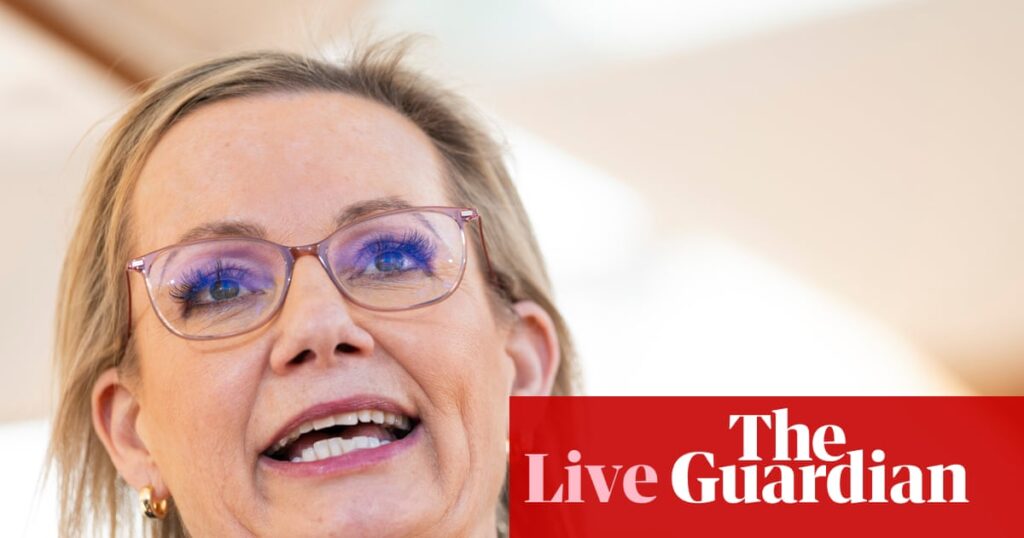
Australia is currently navigating a series of significant legal and political challenges, as New South Wales grapples with a Supreme Court ruling that struck down anti-protest laws, while Sydney braces for severe weather conditions. The legal decision has sparked a broader conversation about democratic rights, as political leaders and activists weigh in on the implications.
Supreme Court Ruling on Anti-Protest Laws
The Supreme Court of New South Wales recently declared a law unconstitutional, which had granted police the authority to issue move-on orders to protesters near places of worship. This ruling has been met with both relief and concern, as it touches on the delicate balance between public safety and freedom of expression.
Sarah Schwartz, a legal director at the Human Rights Law Center, emphasized the importance of this decision during an interview on ABC. She stated,
“I think that what this ruling shows is that our politicians should be looking at ways of strengthening our democratic rights and institutions and acknowledging that the right to protest is really fundamental to our democracy.”
Following the ruling, Premier Chris Minns announced that the government would take time to consider its implications, noting that the decision does not affect the criminalization of impeding access to places of worship.
Political Reactions and Implications
The political landscape has been charged with reactions to the ruling. A New South Wales Labor MP, Stephen Lawrence, criticized the law’s origins, calling it a response to a “big lie” regarding an alleged antisemitic protest. He argued that the legislation was a result of political manipulation rather than genuine necessity.
Lawrence expressed his hope for a more truthful and cohesive political environment, stating,
“The weaponisation of this was part of the political environment that then led to the unconstitutional legislation. I hope in what is now a calmer time everyone reflects on this unhelpful distortion.”
Liberal Party Dynamics and Crime Debate
Meanwhile, the Liberal Party is experiencing its own internal dynamics, as discussions about policy renewal and leadership strategies continue. Jane Hume, a federal Liberal senator, addressed concerns about crime in Victoria, supporting Sussan Ley’s characterization of Melbourne as Australia’s “crime capital.”
Hume emphasized the importance of balancing renewal with experienced leadership, stating,
“It’s very important to make sure that we get renewal, but at the same time, we have those experienced wise heads there with the corporate memory and the experience of governments and oppositions past to make sure that we guide the right policy solution.”
Weather Warnings and Social Media Legislation
As these political debates unfold, Sydney is preparing for severe weather conditions, with forecasts predicting thunderstorms and potential hail. The Bureau of Meteorology has issued warnings, urging residents to take precautions.
In a separate development, Australian education ministers are set to discuss a world-first ban on social media for teenagers. The initiative aims to protect young users, with new regulations requiring platforms to prevent under-16s from accessing their services starting December 10th.
The federal communication minister, Anika Wells, and eSafety commissioner, Julie Inman Grant, are expected to present a resource package to help educators and parents navigate these new laws.
Conclusion and Forward-Looking Analysis
The recent legal and political developments in Australia highlight the ongoing challenges of balancing democratic freedoms with public safety and social cohesion. As the nation navigates these issues, the outcomes of these debates will likely shape the future of Australian law and governance.
With the Supreme Court’s decision setting a precedent, political leaders and activists alike are called to reflect on the implications for democratic rights. Meanwhile, the Liberal Party’s internal discussions and the impending social media ban underscore the complexity of governance in a rapidly changing world.
As Australia faces these multifaceted challenges, the need for thoughtful and informed decision-making remains paramount, ensuring that the nation’s democratic principles are upheld while addressing the concerns of its diverse population.





